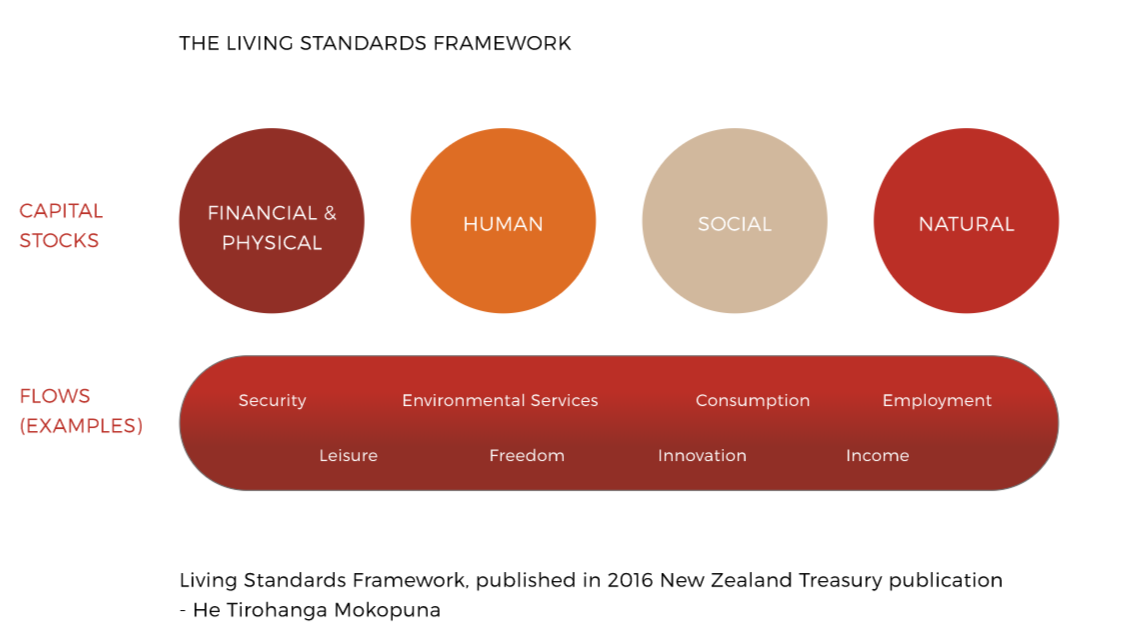
Weavin are leaders in wellbeing economics, complex policy, strategy and foresight
Complex policy, strategy and foresight
In a dynamic and complex world, we are developing empowered, resilient and adaptable organisations and systems through weaving economic strategy and foresight with organisational transformations. Weavin uses tools including systems thinking and design thinking to work with you through your most challenging questions and deliver resilient solutions, tailored to your specific context.
The world is not linear, it is a complex and dynamic ecosystem, continually being woven together in new ways. Through increasing global connectedness, collaboration and technological advancement, new innovations are continually bubbling to the surface and spreading across the globe. Improvements in Australia’s living standards over the past century are a testament to this.
Yet the Yang to this Yin is that organisations are increasingly exposed to risk. Terrorism, major weather events, cyber attacks, pandemics and overleveraged housing markets are no longer local phenomena, they are global and fast moving. And the human brain is not capable of being aware of, interpreting, and understanding all material risks, let alone the best approach to mitigate or adapt to these.
Risks and unknowns, by definition, are not inherently bad, they are simply harder to predict. They are not something for business to fear, they are something for businesses to become comfortable with and lean into. In Australia, we are lucky to have the longest living cultures on earth. Aboriginal Australian cultures are a resource and inspiration for successfully adapting and responding to an ever-changing world.

Wellbeing and macroeconomics
Weavin works with world-leading economic institutions as they grapple with societal expectations. We utilise cross-discipline expertise to develop and implement frameworks, policies and tools to help organisations navigate through the ambiguity.
The major challenges being faced by the world are shifting over time, and our economic frameworks are shifting with them. Sapiens author, Yuval Noah Harari, writes “over the past century, humankind has managed to do the impossible and rein in famine, plague and war. Today, more people die from obesity than from starvation; more people die from old age than from infectious diseases; and more people commit suicide than are killed in war.”
As the challenges have shifted, so too have the measures of societal progress and development. The 1930s saw the western concept of measuring a society’s production (through gross domestic product), the 1950s had the beginning of modern western growth theory with the neoclassical growth which wanted to more realistically represent technology.
Today the global economics profession is witnessing the rise of wellbeing economics, which is attempting to more effectively capture the complexity of what people need to live a life they value. Wellbeing frameworks allow decision makers to more effectively prioritise efforts towards policies that will have the greatest positive societal impact. Wellbeing economics is also a shift in western economic thought towards that of indigenous worldviews, which can incorporate values from cultural values, beliefs, social norms and indigenous knowledge.

